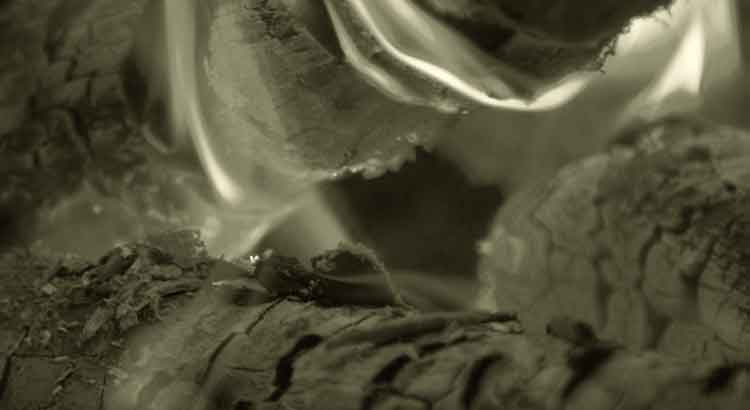It is incredible how far away from reality the person who locks himself up in a university and devotes himself one hundred percent to academic research is. If he is an intellectual, he disbands his faculty, using it in a private world alien to reality. For the rest, he does not even complain, because he exercises a profession: it is as if he accepts the price. And in this he loses the flame that encourages study because sees in it the hope of solutions to problems of real importance. The intellectual needs to regularly suffer reality shocks, so that he can insert reality into what he thinks; otherwise he loses himself in futility and his thinking becomes useless. Cioran, for example, was more philosophical every time he burst out buying vegetables in the market and let the consequences take the form of French prose. In short: the problem has never been to isolate oneself from the world, but rather to completely abandon its forcefulness by letting oneself be inundated with the sterility of abstractions.
Tag: philosophy
Sadness Manifests Itself, Bears Fruit and Endures…
Sadness manifests itself, bears fruit, and endures for as long as the state of paralysis resulting from an adverse situation lasts. By taking a step forward, that is, by moving, it is possible to leave it behind. Victory occurs when, shocked by adversity, the spirit decides to act—or rather, to react. It is the individuality manifesting itself, responding to the setback and, therefore, giving a new meaning to the experienced situation, which saddens for as long as it seems mistress of the being.
It Would Not Be Fair to Compare Hegel…
It would not be fair to compare Hegel to Heidegger. If there are similarities in form, they are limited to form: Heidegger is, in my benevolent days, the unparalleled model of an intellectual swindler. There is nothing impostor-like about Hegel: his defect, to tell the truth, is this German mania for wanting to scrutinize everything down to the last detail, this incapacity for powerful synthesis. It is a pity that The Phenomenology of the Spirit is three times longer than it should be: but there are undoubtedly many pages in it that are worthy of attention.
Fun Mental Exercise
I go through the opening chapters of The Phenomenology of the Spirit imagining how much fun Hegel must have had while erecting his logical monument. It must really be a fun mental exercise to put all that reasoning together. For my part, however, if I ever set out to construct prose in this way with the intention of publishing it under my name, I promise not to do so without first burning everything I have published.



